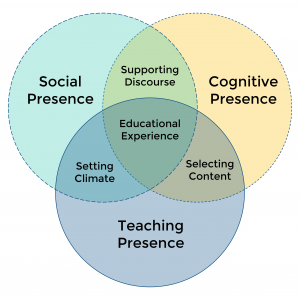Community & Collaboration
We love supporting faculty in their strategic approaches to community building and collaboration. By fostering a sense of belonging and shared purpose, students are empowered to engage more deeply with their peers, their teachers, and the subject matter itself. Innovative approaches to building community enhance social connections and promote critical skills like communication, empathy, and teamwork. Whether through project and problem-based learning, cooperative group activities, or digital platforms for collaborative work, students are encouraged to explore diverse perspectives and collectively tackle complex challenges. Moreover, a strong classroom community serves as a foundation for cultivating creativity, resilience, and a growth mindset, enabling students to thrive academically and personally as they navigate the complexities of the modern world. By prioritizing collaboration and community-building, educators not only enhance the learning experience but also equip students with the skills and mindset necessary for success beyond the classroom.

A community of inquiry in education refers to a gathering of people who work together to engage in thoughtful discussions and introspection, aiming to build personal understanding and validate shared viewpoints. The Community of Inquiry (CoI) framework, methodology, and tools were formulated during a research endeavor funded by the Canadian Social Sciences and Humanities, titled "A Study of the Characteristics and Qualities of Text-Based Computer Conferencing for Educational Purposes," conducted from 1997 to 2001. At the core of this study was the development of a conceptual model depicting a community of inquiry, comprising three fundamental components essential to educational interactions: Cognitive Presence, Social Presence, and Teaching Presence. To read more about the framework, including publications, discussions, and projects, see here.

